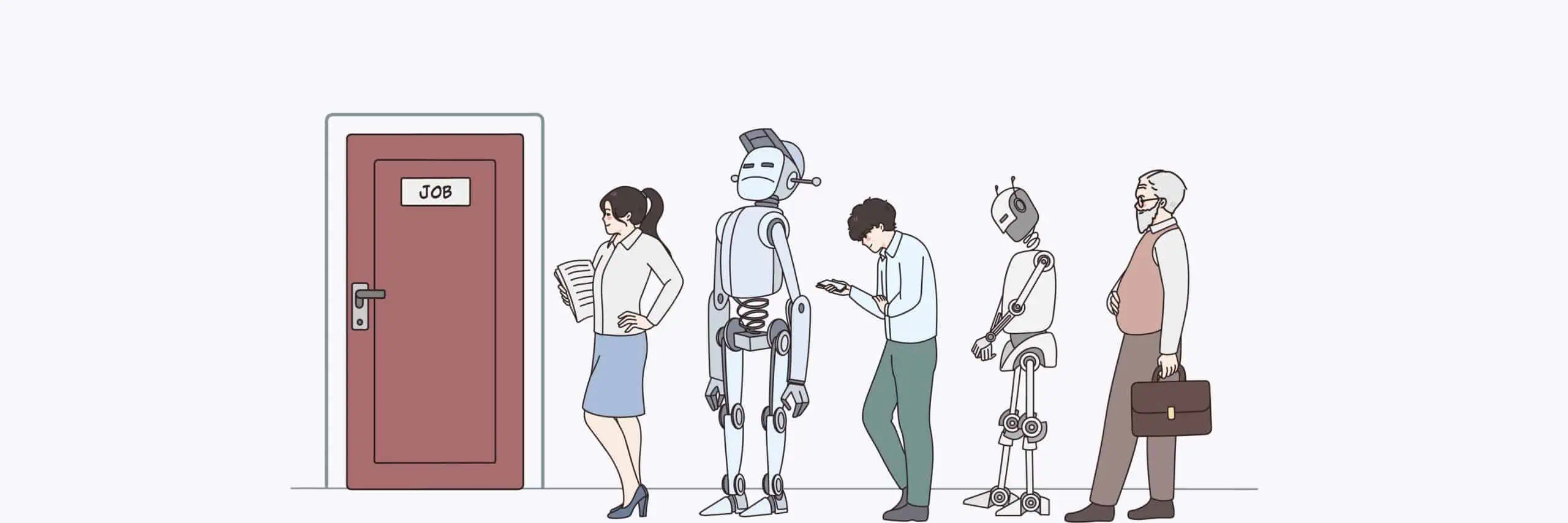8 Things Expert Contractors Do to Dazzle in an Interview
Your ability to seek out and land contracts will be one of your most important skills as a contractor, second only to your ability to do the job.
Knowing how to network and utilise LinkedIn, preparing a CV, and ace phone interviews are only the first part of the equation. Here are 8 ways to dazzle interviewers and seal the deal for your new contract.
1. Get the basics right
We know you know to prepare beforehand, to arrive early, dress smart, be polite and confident (or, at least act confident). You’ll have heard this before, but let’s go through the checklist to make sure:
- Know how to get there. Rushing around right before an interview can throw you off big time, plus you risk being late – one of the worst first impressions to make. Plan your route and even do a practice run if you have the time and resources.
- Dress conservatively. Unless you’re specifically instructed to dress casual, it’s best to err on the suit side.
- Prepare everything the night before. Don’t leave anything till the last second. Bring copies of your CV, pack a notepad and pen, prepare your portfolio and gather any samples of your work that might be relevant. Organise everything in an accessible way so that you aren’t fumbling around in the middle of the interview.
- Shake hands and make eye contact. Seriously, don’t be weird. If you struggle with this, practice on a friend, dog, infant, etc.
- Turn your phone on silent. No doubt you have lots of other clients interested in you, but they can wait an hour for you to call them back.
- Don’t talk negatively about a former employer. Badmouthing reflects badly on you and sets a negative tone. If you were part of a disastrous project, you don’t need to lie or avoid the topic – simply focus on what you learned from the experience.
- Be likeable. This means not interrupting, being a know-it-all, or dominating the direction of the interview. Be aware of your body language, too; crossed arms, slouching posture, and a total lack of smiling can denote defensiveness.
2. Do your research and understand the company’s needs
Research the company and the position. Check out news stories to get an insight into recent projects, awards or changes. Take a look at LinkedIn profiles. Brush up on the latest industry news.
Don’t be afraid to ask direct questions about what they need. The more you know about the company and what they’re looking for, the better you can sell yourself for this particular project.
Having a solid picture of the company and its goals will highlight that you understand the bigger picture. It will also help you to communicate how you see your role fitting into the overall company strategy and direction.
3. Prepare your responses in advance
You don’t need to script your answers, but you should know your greatest strengths and skillset well enough to recite them after ten beers and a head wound. Going further, you should know which of these strengths are most relevant to this company’s needs.
Moreover, you should prepare specific examples that demonstrate these strengths. Have strong artillery of achievements and anecdotes but remember to practice talking about them out loud. Under pressure, it’s easy to start rambling. If you have a loosely prepared response, you’ll be able to concisely and confidently answer almost any iteration of “tell me about a time when…” or questions about your greatest weakness.
Have you worked on a project similar to this one? Have you solved a problem that this company might currently be facing? Be ready to focus on the attributes that will benefit this company the most.
4. Be curious
Selling yourself is important, but you’re not the only focal point here. You should be trying to find out as much about them as they are about you.
Ask questions and engage your interviewer on their projects, processes and goals. A good problem solver tends to also be a good listener, and creating a dialogue instead of a stilted interrogation will leave both parties feeling confident about doing business together.
If you’re still feeling vague about what they need, the interview is a good time to clear it up. You want to start at the business level and then drill down into specifics, like:
- “What are you trying to do?”
- “How did it come about?”
- “What outcomes are you looking for?”
- “What will it mean to the business?”
Listen closely and never assume you already know what answer they will give. You can show that you’re paying attention by getting them to explain any unusual jargon or internal terms that they use.
Of course, be careful not to go overboard. You should still let them steer the direction of the interview and avoid barraging them with irrelevant questions.
5. Gauge your interviewers’ technical knowledge
Fairly early into the interview, you should be able to get a feel for the technical knowledge of your interviewer(s). You don’t need to barrage them with a whole lot of technical information if they don’t understand it.
On the other end of the spectrum, don’t get waylaid by the technical expert. There may be a technical expert in the interview who uses it to highlight their knowledge in front of their bosses. They may feel threatened that their boss feels the need to bring you in and can even get a little aggressive in firing obscure technical questions at you.
Don’t be afraid to have a “deep dive” with them, but remember to turn things back around to the interviewer who will make the decision. An easy trick is to go back and forth on technical issues for a while, throw them a compliment about how you like working with someone with such extensive knowledge or passion – then ask the key interviewer a question.
6. Be prepared to demonstrate technical skill
This is particularly important for contractors. Some clients may want to evaluate technical skills through tests or questions and, while many will let you know beforehand, it doesn’t hurt to ask and be sure.
If you know that they’re after certain skills, make sure to brush up on those. Your agent should also be able to give you some insight into what tests you might be facing.
Don’t jump to answer questions as soon as possible, either. A polite, “let me think about that” gives you some time to answer the question, and nobody will expect you to respond with the lightning quickness of a robot (at least, nobody you’ll want to work with).
If you find yourself legitimately stuck, try a response like, “I haven’t encountered that before at [insert the previous project here]. How important is it to [this project]?”
7. Finishing up the interview
Most interviews end with a chance for questions, so if you haven’t engaged them before, this is your chance to show that you’re switched on to the position.
This is your chance to close, so don’t shy away from questions like, “Are you satisfied that I meet your requirements?” It’s great to resolve any objections, but often you’ll forget to mention something or be travelling home and going over the interview in your head when you realise there was an objection you missed. You can send the interviewer a follow-up email addressing this or pass it back to your recruiter as feedback.
Ask them when they will make a decision and what happens next. What they say here will give you a good indication of whether they want to hire you.
After you’re done, be sure to thank them for meeting with you. Some people find sending “thank you” cards antiquated, but a brief, polite “thank you” email is a good compromise.
8. Move on
Once you’ve given it your best shot, the most productive move is to start looking at other contracts and clients. If you feel you made a mistake in the interview, learn from it, but don’t obsess or dwell on things. There are other opportunities and the best way forward is to keep exploring them.





